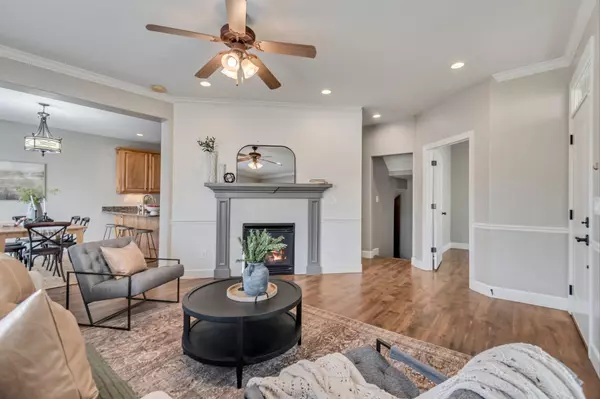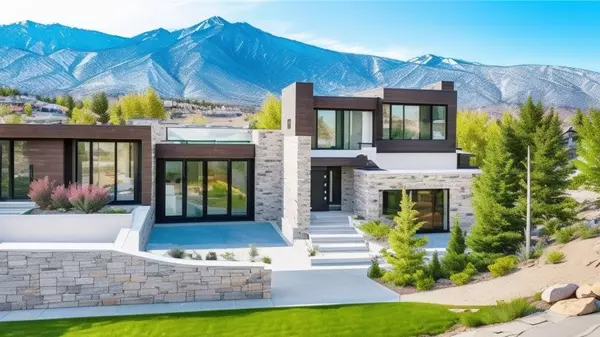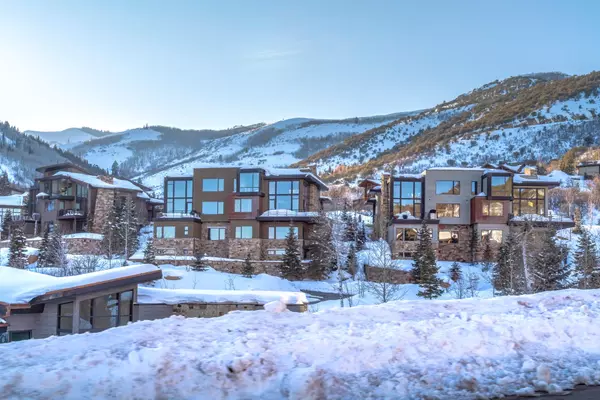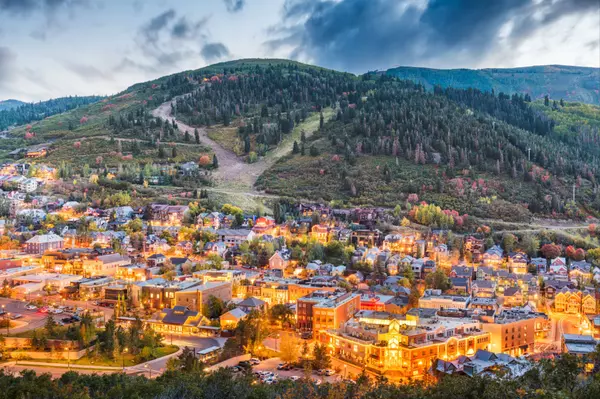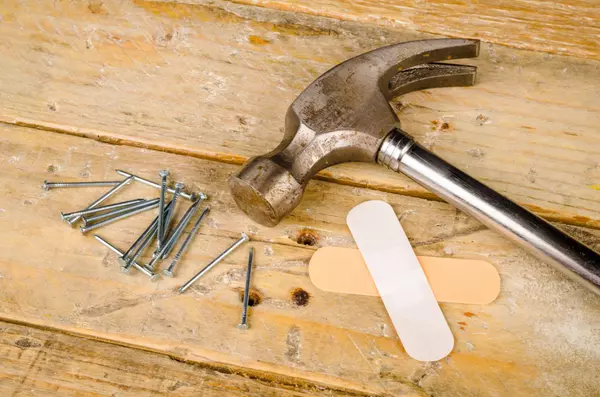
Should you sell your Utah home as-is or make repairs?
When it comes to selling your Utah home, you may find yourself weighing the option of selling as-is versus making repairs. A recent study from the National Association of Realtors (NAR) highlights that 61% of sellers typically make at least minor repairs before selling. However, 39% of sellers op
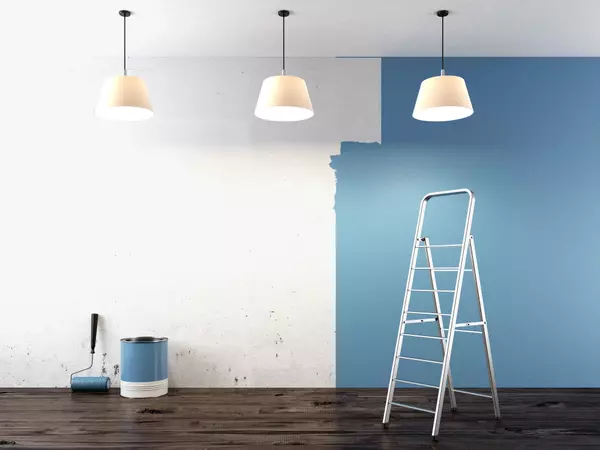
The Perks of Buying a Fixer-Upper House in Utah
The Perks of Buying a Fixer-Upper House in Utah In Utah's competitive real estate market, many homebuyers face challenges related to affordability. However, purchasing a fixer-upper could be the key to achieving your homeownership dreams. If you're looking to invest in Utah's vibrant communities,
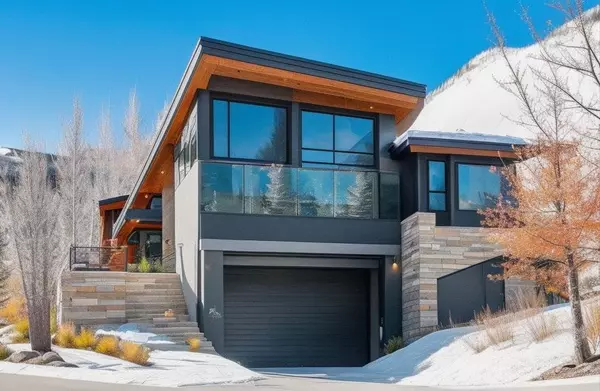
Do you know the value of your Utah home?
The Rising Tide: What Home Price Increases Mean for Sellers in Utah If you've been paying attention to the housing market in Utah, you know that home prices have been on an exciting journey. Over the past few years, headlines have highlighted the dramatic rise in home values, leaving homeowners
Categories
Recent Posts



